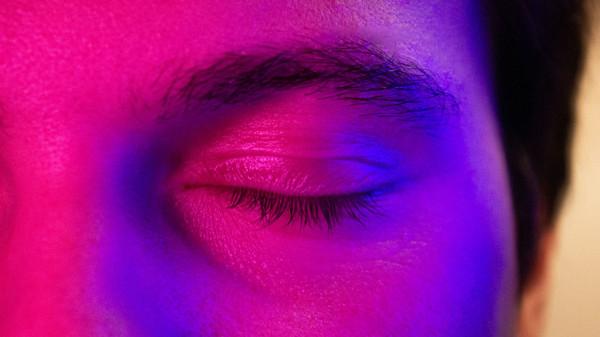Learn more about health with this collection
How to practice self-compassion
How to identify and challenge negative self-talk
How to build self-confidence
Dreams as therapists
Your dreams may be ways of confronting emotional dramas in your life.
Because your brain is operating at a much more emotional level than when you’re awake, your brain may make connections regarding your feelings that your conscious self wouldn’t make.
256
1K reads
Fight-or-flight training
One of the areas of the brain that’s most active during dreaming is the amygdala - the part of the brain associated with the survival instinct and the fight-or-flight response.
One theory suggests dreams may be the brain’s way of getting you ready to deal with a threat. Fortunately, the brainstem sends out nerve signals during REM sleep that relax your muscles. That way you don’t try to run or punch in your sleep.
206
673 reads
Dreams as your muse
One theory for why we dream is that it helps facilitate our creative tendencies.
Without the logic filter, you might normally use in your waking life that can restrict your creative flow, your thoughts and ideas have no restrictions when you’re sleeping.
201
684 reads
Dreams as memory aids
Research shows that sleep helps store memories. If you learn new information and sleep on it, you’ll be able to recall it better than if asked to remember that information without the benefit of sleep.
Dreams may help the brain more efficiently store important information while blocking out stimuli that could interfere with memory and learning.
206
574 reads
Nightmares
Regularly occurring scary dreams can be labeled a sleeping disorder if the nightmares:
- cause you to be anxious about going to sleep
- lead to frequent disruptions of your sleep
- bring about other sleeping or psychological problems
187
669 reads
Health conditions
- You’re more likely to have more vivid dreams if you’ve had some restless nights.
- Being pregnant is also a catalyst for vivid dreaming. Increased hormone production affects the way your brain processes thoughts and emotions.
- Mental health disorders such as depression and anxiety, as well as mood-related conditions, can trigger intense and sometimes disturbing or negative dreams and nightmares.
200
677 reads
Foods
Certain foods lead to wilder or better dreams.
Food that causes you to wake up throughout the night may result in you waking up more frequently in the REM stage. When that happens, you’ll probably remember more of your dreams.
166
573 reads
Daily activities
Runners and other serious fitness enthusiasts tend to spend less time in dreamy REM sleep, which is one of the lightest stages of sleep.
Also, the more effectively you can de-stress during the day, the less likely you’ll be to bring stress and anxiety to bed. That should help cut down on nightmares and interrupted sleep each night.
183
558 reads
How to remember your dreams
The dreams you remember are the ones that are ongoing when you awaken. To help recall your dreams, tell yourself as you’re falling asleep that you want to remember your dream. If that’s your last thought, you may be more likely to wake up with a dream still somewhat fresh in your memory.
Try to remember as much of your dream as soon as you wake up. Try to grasp whatever images or memories you have of your dream and write them down.
222
663 reads
CURATED BY
More like this
5 ideas
What Is REM Sleep? Definition and Benefits
thoughtco.com
9 ideas
Dreams: Why We Dream & How They Affect Sleep
sleepfoundation.org
7 ideas
Why We Dream What We Dream
psychologytoday.com
Read & Learn
20x Faster
without
deepstash
with
deepstash
with
deepstash
Access to 200,000+ ideas
—
Access to the mobile app
—
Unlimited idea saving & library
—
—
Unlimited history
—
—
Unlimited listening to ideas
—
—
Downloading & offline access
—
—
Personalized recommendations
—
—
Supercharge your mind with one idea per day
Enter your email and spend 1 minute every day to learn something new.
I agree to receive email updates


